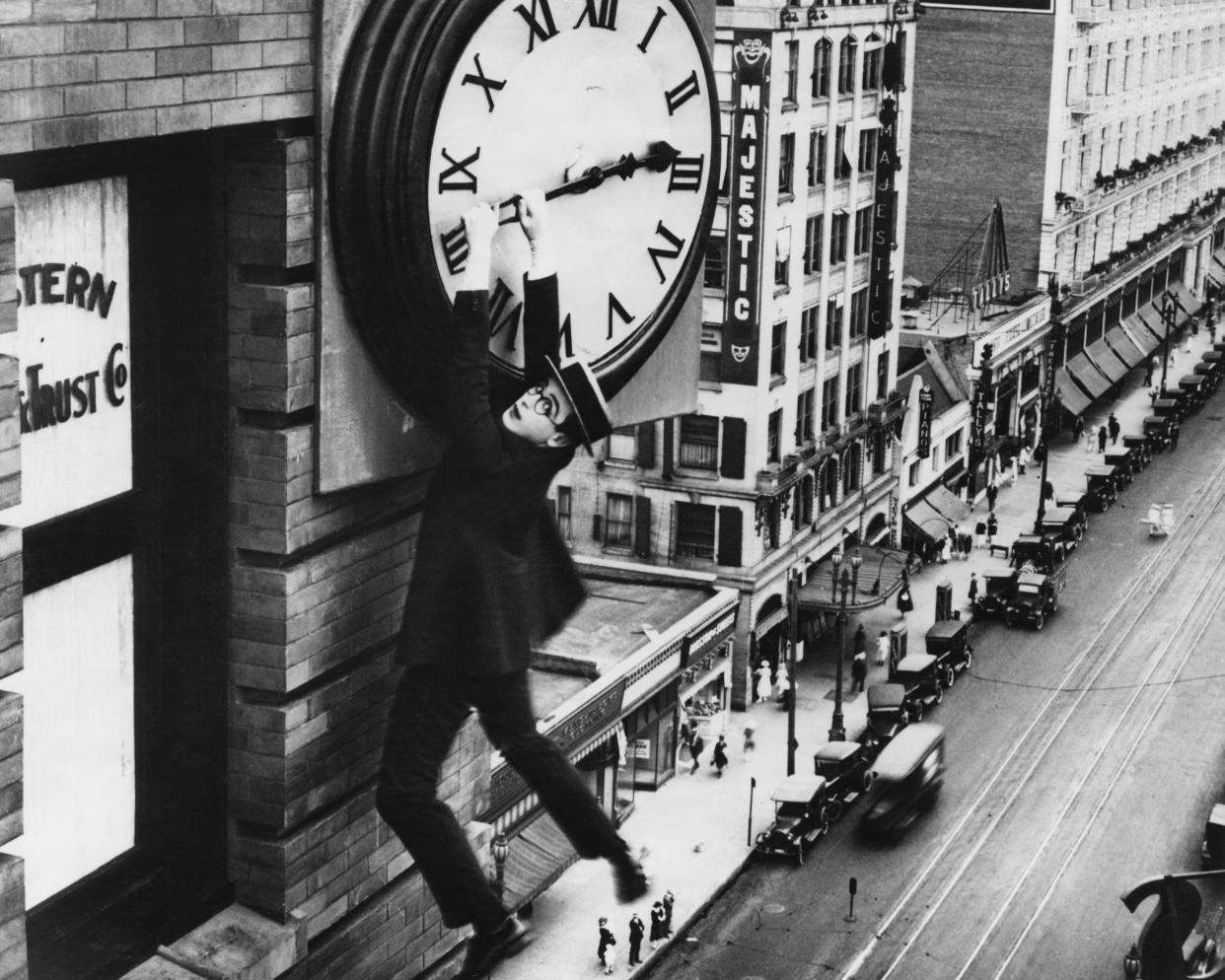Movies Are Long? Fine — Just Don’t Claim It’s the Same as Watching TV

It was the best of years, it was the worst of years. It was the year of ass-buster running times.
Yes, we are wading into the deep and murky waters of running times! With a cinematic release calendar stocked with two-and-a-half-hour-plus films, the conversation is a hard one to avoid. And as always, the men who make the movies Have Thoughts.
More from IndieWire
Willem Dafoe Acted Opposite '2,000 Real Rats' for Robert Eggers' 'Nosferatu'
'Ferrari' Was the Ultimate Test of Michael Mann's Perfectionism
“People say it’s three hours, but come on,” Martin Scorsese said of his “Killers of the Flower Moon.” (It’s actually three hours and 26 minutes, 21 minutes shorter than “Lawrence of Arabia.”) “You can sit in front of the TV and watch something for five hours. Also, there are many people who watch theater for three-and-a-half hours. There are real actors on stage, you can’t get up and walk around. You give it that respect, give cinema some respect.”
Let’s unpack this attitude!
We all agree that movies are not television. And yet directors continue to petulantly point out that binge-watchers have no problem consuming multiple hours of a show like “Suits” while complaining about sitting through a movie longer than 120 minutes.
But if we all agree that movies are not TV, why are we comparing the viewing experiences? Three hours of TV is likely three episodes (or eight, if it’s a half-hour series). That means three separate but interconnected plots, three different instances of rising tension and climax, and then three new starts. That is a far cry from two hours of rising tension — not to mention whatever darlings auteur directors can’t bear to kill, dragging out the running time and audiences’ patience.
But here’s the other thing that these directors (hi, Christopher Nolan!) don’t seem to understand: Hell is other people. Look at the current state of the theater. Articles are being written on an alarmingly regular basis about the boorish and boozy behavior of its patrons; there is vomit in the aisles, full-on phone conversations, even groping. That’s hardly a sign of respect for the performers on stage or the art itself. Just ask Patti LuPone.
Though I’m sure Nolan would prefer we all travel to the perfect theater equipped with whatever technology he insists his film should be seen in — an oddly gatekeeper mentality for one of the most democratic of art forms; sorry, people in rural communities, but you’re not watching movies the way Nolan thinks you must! — that is not even remotely a possibility for most people.
Most of us walk into a multiplex, stand in line for popcorn and soda, then make our way to our seats across sticky floors to sit in the theater where employees may or may not remember to turn off all the lights. Not to mention the usual everyday annoyances of people talking, the frequent shifting to allow someone to shuffle past you to the bathroom and then back to their seat, and however long the trip to and from the theater is.
I spent 14 years regularly covering live theater and films; when pandemic restrictions began lifting, I went back to a movie theater in April 2021 and burst into tears to be in one again. There is no greater feeling than sitting in front of a screen and feeling a film overwhelm you. Good movies, bad movies — the experience is irreplicable.
However. Seeing a movie in a theater is not the only way to love film.
Everyone can rattle off a list of long films that earn their running times; I will watch “Nashville” any day, any time. I once spent Valentine’s Day in an Off-Broadway theater seeing all three parts of Eugene O’Neill’s “Mourning Becomes Electra.” Audiences don’t demand shorter films; we demand that filmmakers stop complaining about our reluctance to expend a good portion of our free time to see them and start defending why they need to be so long. (And no, watching a two-screen TV show is not comparable.) And maybe, just maybe, directors need to stop lecturing us on how to watch anything. I first saw “Breathless” on VHS; it still managed to alter the way I thought about film.
And honestly, if you’re so peeved that audiences can binge TV but not movies over two hours long, go and make a prestige series! TV showrunners usually call their series eight-hour movies anyway.
Best of IndieWire
Where to Watch This Week's New Movies, Including 'The Iron Claw' and 'All of Us Strangers'
2023 Movies Shot on Film: From 'Oppenheimer' to 'Killers of the Flower Moon' and 'Maestro'
Quentin Tarantino's Favorite Movies: 59 Films the Director Wants You to See
Sign up for Indiewire's Newsletter. For the latest news, follow us on Facebook, Twitter, and Instagram.
